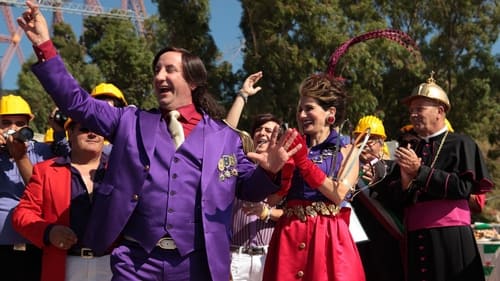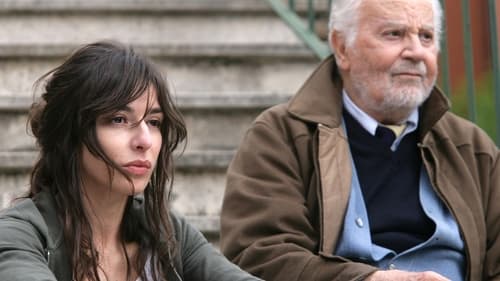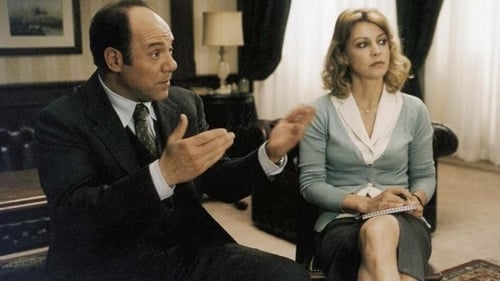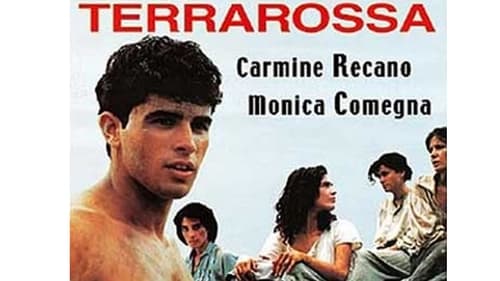
Prete
Четто Ла Квалункве — простой человек. Он хочет всего и сразу, и ему все равно, каким образом. После продолжительного «отпуска» за границей он возвращается в свой родной город в Калабрии с новой подругой и её дочкой, чьих имён он не помнит. Пока Четто отсутствовал, город накрыла волна законопослушания, и его бизнес оказался под угрозой. После долгих и мучительных размышлений в обществе благосклонных женщин Четто решает любой ценой идти в политику.

Addolorato
Mirko and Genziano are two 35-year-old brothers who have not seen each other since their mother died in a freak accident in which they were involved—eighteen years ago. Since then, Genziano left to live in the UK and now is a stockbroker; Mirko instead remained in Rome, to stay with their father Marcello, working at the same run-down family shop. When Marcello dies, he leaves a task for the two brothers in his will: he asks them to take, on an old restored roadster, his ashes to the grave of his old mother in a village in Calabria, where the accident happened.

Machinist
Seven people in a therapy group are forced to find new ways of coping with their problems when their therapist dies in the middle of a session.

Mastro Cola
Terrarossa is a 2001 film directed by Giorgio Molteni. The film is based on the novel La teda (1957) by the Calabrian writer Saverio Strati.

Малена — красавица-вдова, наваждение мужчин и предмет зависти женщин. Жены распускают о ней грязные сплетни. мужья преследуют ее по пятам и грезят о ней.«Мне было 13, когда я увидел ее впервые. Прошло время, я любил многих женщин, и когда мы были близки, они спрашивали: буду ли я помнить их? И я говорил: да, я буду помнить вас. Но единственная, кого я никогда не забуду — та, которая никогда не спрашивала. Малена».




